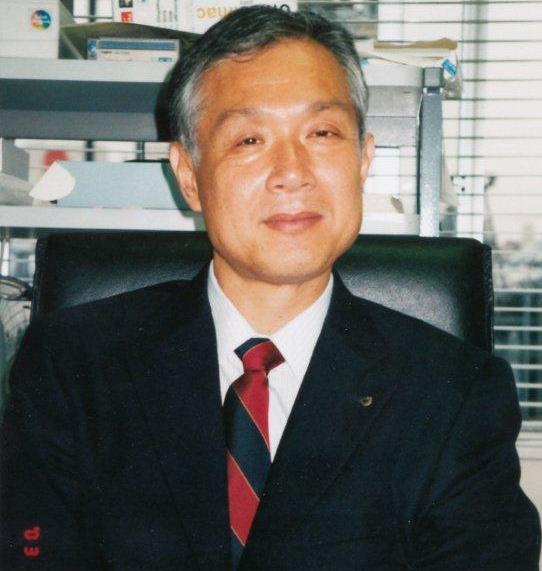“Sir, You’re Hurting Me!: The Perspectives of Survivors of Interpersonal Violence and Breast Cancer
Author(s): Casey Lu Simon-Plumb, Kate Hamdan, Tsion Fikre, Amanda Singerman, Megan Bair-Merritt, Emily F Rothman, Naomi Y Ko
Background: Studies suggest that experiences of interpersonal violence victimization (i.e., partner violence, childhood sexual or physical abuse, and sexual assault) might play a role in breast cancer diagnosis and treatment. To address gaps in knowledge, our study aimed to understand how prior interpersonal trauma affects breast cancer. We conducted 20 semi-structured in-person interviews and asked patients how their interpersonal trauma affected their breast cancer experience and if they had suggestions to improve breast cancer care.
Methods: Patients were recruited through flyers or from providers to whom they had previously disclosed a history of interpersonal violence. One-on-one interviews lasted approximately one hour each. Results were thematically coded in an iterative fashion and analyzed for main themes.
Results: Three themes addressed the relatedness of interpersonal violence and cancer care: 1) perceptions that violence caused the cancer or led to worse outcomes, 2) how breast cancer diagnosis and treatment can trigger interpersonal violence memory (triggers), and 3) difficulty trusting. In addition, three suggestions emerged that related to improving care: the importance of female providers, improved provider communication, and the potential benefits of a buddy system to pair newly diagnosed breast cancer patients with a history of interpersonal violence with breast cancer survivors with a similar background.
Conclusion: Interpersonal violence can influence how women feel about their breast cancer diagnoses, interactions with health care providers, and receiving care for cancer. Improving trauma-informed health care practice would be beneficial for women with breast cancer.


 Impact Factor: * 5.3
Impact Factor: * 5.3 Acceptance Rate: 75.63%
Acceptance Rate: 75.63%  Time to first decision: 10.4 days
Time to first decision: 10.4 days  Time from article received to acceptance: 2-3 weeks
Time from article received to acceptance: 2-3 weeks 
